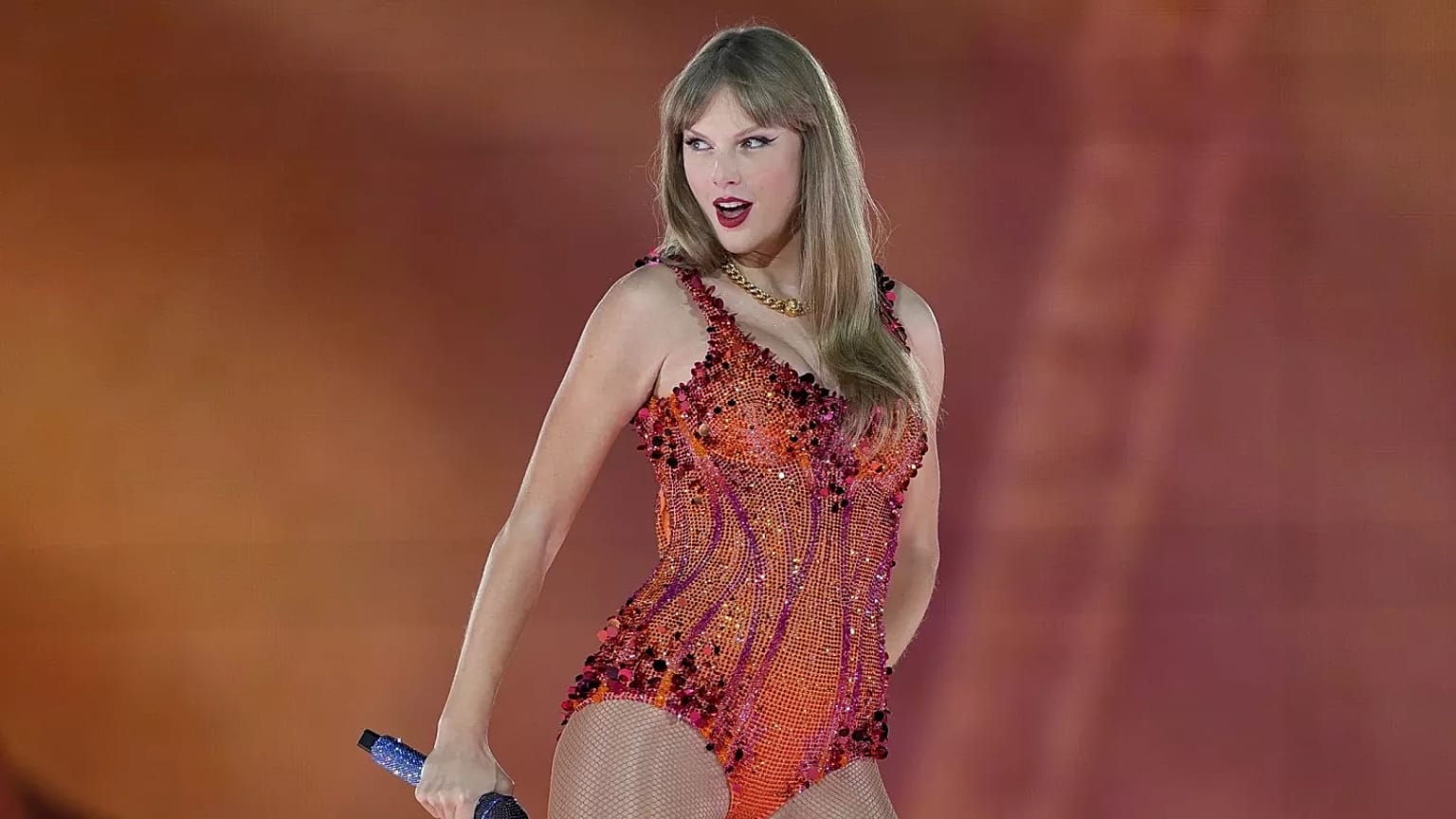The 2010 film The Social Network, directed by David Fincher and scripted by Aaron Sorkin, is more than a biographical account of Facebook’s creation. In the context of the digital age, the movie serves as a multi-faceted representation of technological disruption, the redefinition of human relationships, and the ethical ambiguities that permeate our increasingly connected society. Examining what The Social Network truly represents today requires an exploration of its themes, real-life underpinnings, and the evolving digital landscape.
Entrepreneurship in the Digital Age and the Worship of Innovation
At its essence, The Social Network vividly depicts Facebook’s founding tale, highlighting the quintessential figure of the digital age: a brilliant college dropout who revolutionizes conventional markets. The movie encapsulates the early 2000s tech surge, which turned dorms into incubators for billion-dollar enterprises. Mark Zuckerberg’s relentless ambition, portrayed by Jesse Eisenberg, reflects Silicon Valley’s spirit of innovation, where bold concepts—enhanced by programming—can transform not only economies but also the very nature of social interaction.
The film illustrates how the age of the Internet democratized opportunity while simultaneously introducing a new elite: those who possess the technical skills and vision to harness vast networks. The casting of Ivy League campuses as crucibles for tech innovation is grounded in reality. Statistical data from Crunchbase and AngelList emphasize that a significant proportion of unicorn startups originated with founders from elite universities, reinforcing the mythos that the film projects.
Redefining Friendship and Social Dynamics
The tagline, “You don’t get to 500 million friends without making a few enemies,” captures a fundamental paradox of the digital age. Social media platforms, Facebook chief among them, have radically redefined the concept of friendship. The Social Network delves into the tension between real human relationships and digital connectivity. The personal fallout between Zuckerberg and Eduardo Saverin, his co-founder, exemplifies the way technology can both catalyze and erode trust.
Studies such as these emphasize the point: A report from the Oxford Internet Institute noted that even though a typical Facebook user could have numerous online connections, significant offline bonds either stayed the same or decreased, demonstrating Dunbar’s number theory. The film’s storytelling strength lies in how it reflects this contradiction—focusing not only on the expansion of social networks, but also the personal sacrifices involved.
Ethics, Ownership, and the Digital Gold Rush
The question of intellectual property haunts the film, embodied in the legal battles between Zuckerberg, the Winklevoss twins, and Saverin. This dramatization echoes broader trends in digital innovation: the tension between collaborative creativity and ruthless competition. The movie is a window into a world where the race to claim ownership supersedes traditional ethical boundaries.
The film’s legal conflict highlights recurring themes in the tech industry, seen in cases like Google vs. Oracle or Snapchat’s beginnings, which emphasize ongoing debates about coding, concepts, and recognition. These disputes are not just narrative elements but symbolize a digital economy that frequently values rapid growth and market leadership above moral principles and fairness.
Stories of Disconnection in an Overconnected World
A defining undercurrent in The Social Network is the portrayal of isolation amidst connectivity. Mark Zuckerberg, even as he builds a platform designed to bring people together, is depicted as fundamentally alone—a motif frequently echoed in analyses of social media’s psychological impact. Research from the American Journal of Preventive Medicine (2017) identified a correlation between extensive social media use and perceived social isolation among young adults. The film, therefore, can be interpreted as both origin story and cautionary tale.
Through its cold color palette, fast-paced dialogue, and Sorkin’s script, the movie portrays a landscape where ambition is exhilarating but relationships are expendable. It anticipates conversations about the impact of digital platforms on mental health, self-worth, and human connection—conversations that have only intensified in a post-2010 world.
The Power Dynamics of Data and Influence
While set in the early days of Facebook, The Social Network foreshadows the enormous power that digital platforms would accrue over time. Beyond connecting friends, Facebook’s evolution into a data-driven marketing juggernaut and a pivotal actor in elections and societal discourse is not explicit in the film but resonates with hindsight. The movie’s portrayal of Facebook as a force that rapidly outpaces its own creators’ ethical frameworks mirrors persistent dilemmas about platform accountability.
Cambridge Analytica and ongoing debates on content moderation underscore how today’s digital giants wield influence exceeding that of corporations in previous eras. The Social Network acts as a prescient narrative, inviting audiences to question how much control we truly have over technologies fundamentally shaping social reality.
Legacy for the internet
After more than ten years, The Social Network continues to influence, not just with its narrative but as a way to examine our shared digital path. Its lasting significance is found in the inquiries it presents—on the two-sided nature of innovation, the shifting meaning of connectivity, the morality of ownership, and the deep loneliness that can accompany life online.
Viewing the film today encourages a nuanced contemplation of what we have gained and what we have forfeited in the relentless pursuit of connectivity and progress. Through its depiction of meteoric success and personal fallout, The Social Network holds a mirror to the ambitions and anxieties that define the digital age, urging continuous reflection about the trajectories we choose and the values we elevate in our networked world.






